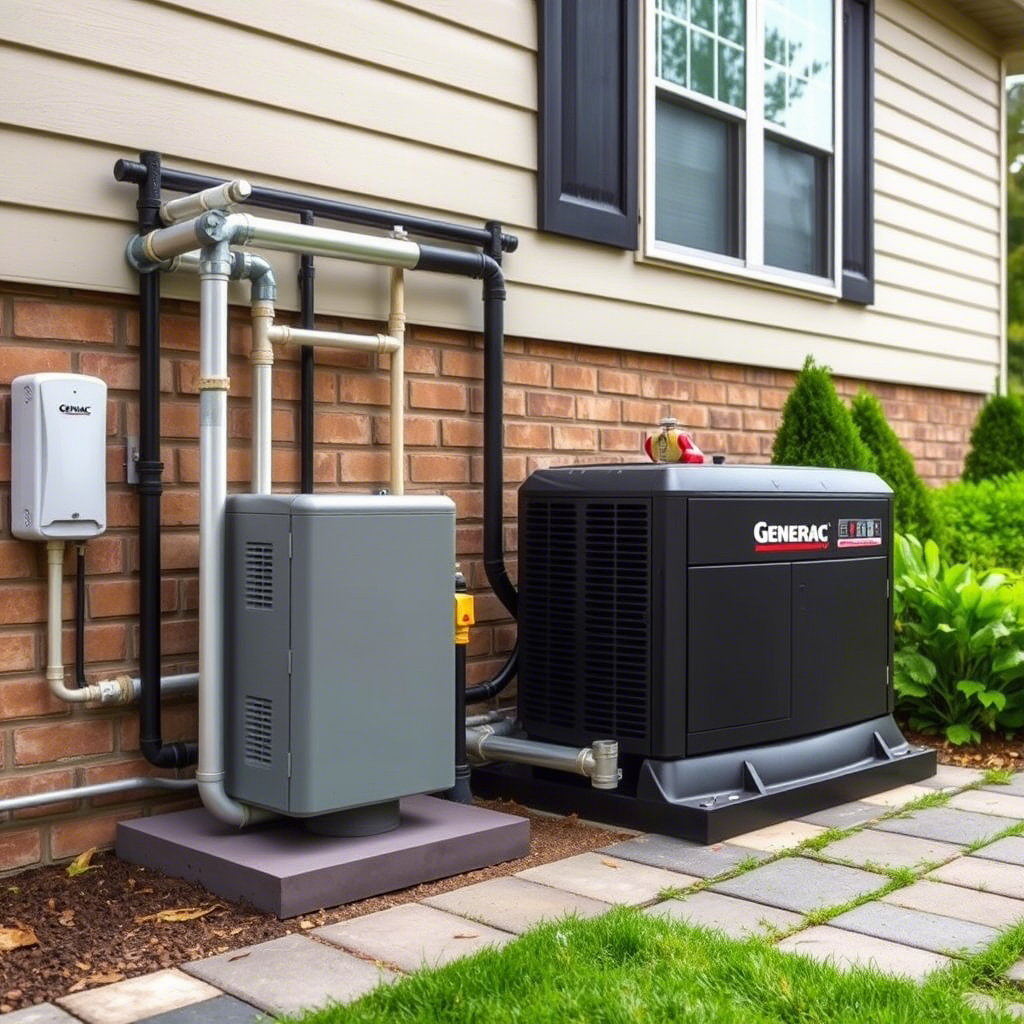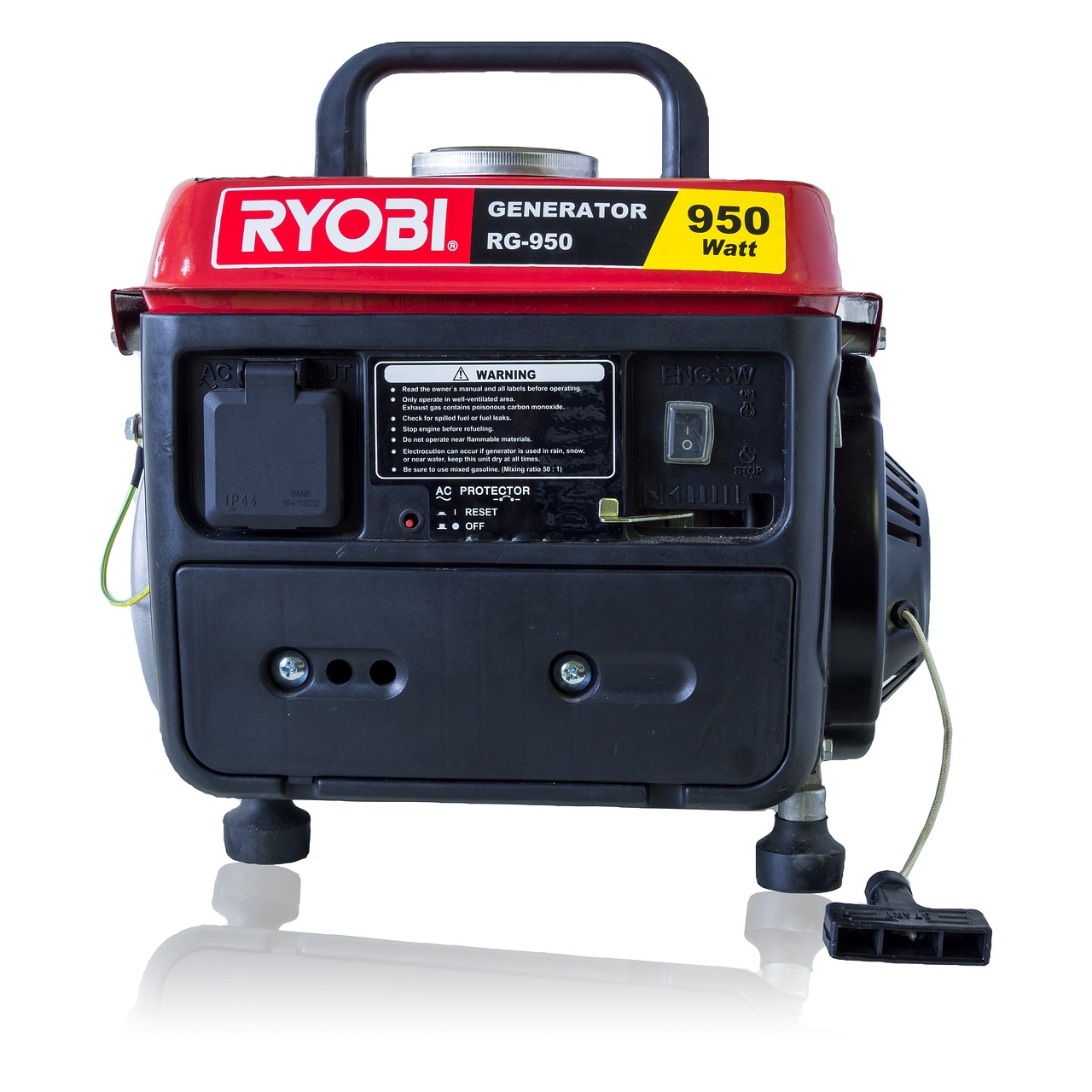How do I properly store my portable generator when it is not in use?
Proper storage of your portable generator is essential to ensure that it is in good working condition when you need it. A well-stored generator will last longer and be less likely to require repairs. In this post, we will go over the steps you can take to properly store your portable generator when it is not in use.
Cleaning and Maintenance
The first step in properly storing your portable generator is to clean it and perform any necessary maintenance. Wipe down the generator with a damp cloth to remove dirt and debris. Check the air filter and clean or replace it if necessary. Change the oil and check the fuel and oil filters. These simple steps will ensure that your generator is in good working condition when you need it.
Fuel Safety
When storing your portable generator, it’s important to handle fuel safely. Always use the correct type of fuel for your generator and store it in an approved container. Keep fuel away from heat sources and open flames. When storing your generator, it’s important to make sure that the fuel tank is empty. This will prevent leaks and spills, and also prevent the fuel from going bad.
Storage Location
It’s important to store your portable generator in a dry, well-ventilated area. Keep it away from heat sources and combustible materials. Avoid storing your generator in a damp or humid location, as this can cause rust and damage to the engine. A shed or a garage can be a good location for storing your generator, as long as it is well-ventilated and protected from the elements.
Covering
Using a cover for your generator can help to protect it from dust, debris, and elements when it is not in use. A cover can also help to keep your generator clean and in good working condition. Look for a cover that is specifically designed for generators, as they are typically made of heavy-duty materials that can withstand the elements.
Regular Check-ups
It’s important to regularly check on your generator when it’s in storage, even if it’s not being used. Check the fuel system, oil level, and battery before storing it, to make sure everything is in good condition. Make sure that your generator is turned off, and unplugged and the fuel tank is empty before storing it. Additionally, it’s also a good idea to periodically start and run your generator for a few minutes, this will help keep the internal parts lubricated and will help prevent the carburetor from gumming up.
In conclusion, proper storage of your portable generator is essential to ensure that it is in good working condition when you need it. By cleaning and performing maintenance on your generator before storing it, handling fuel safely, storing it in a dry, well-ventilated area, using a cover, and regularly checking on it, you can ensure that your generator will be ready to use when you need it. Remember, regular maintenance and proper storage will not only ensure that your generator runs smoothly, but also keep you, your family, and your property safe.



